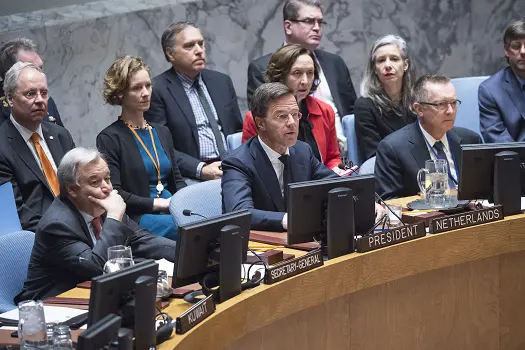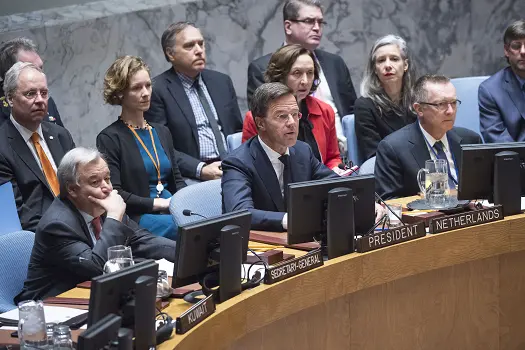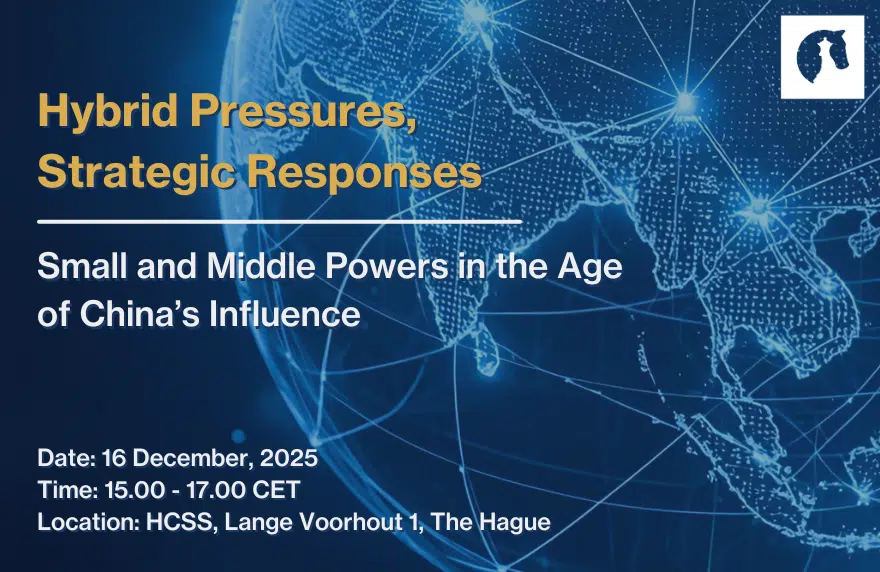The notion of Middle Powers is well established in academic literature, but not always used with success in practice. In a volatile world, there is much value in seeking partners that can help to uphold the current international order. In this paper, we develop criteria to define middle powers, and distinguish between ‘established’ middle powers (which share a liberal-democratic outlook) and ‘emerging’ middle powers (which can go either way). Secondly, the paper identifies specific middle power partners for the Netherlands across a number of relevant policy domains in the area of peace and security. Finally, the geopolitical ramifications of the ‘power shift to the East’, away from the US to China, are considered for middle powers, with a suggestion to create a global alliance of like-minded middle powers that is willing to uphold liberal-democratic values.
Read the paper here.
Authors: Willem Oosterveld and Bianca Torossian.





